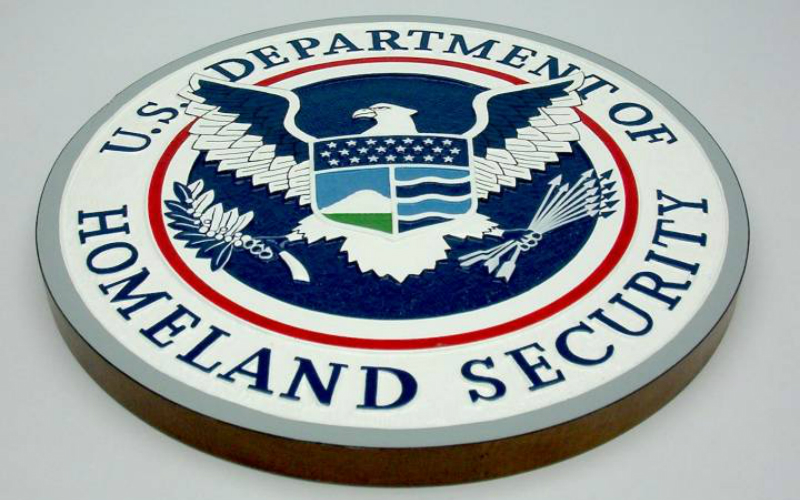Earlier this week, Taiwan’s military tracked nearly 150 Chinese aircraft that entered the country’s outer air defense zone over a four-day period. Approximately 56 aircraft flew across the Taiwan Straight in just one day. That unheard-of incursion, reportedly the worst in 40 years, is viewed by some as provocative harassment but others assume China’s military leaders are studying how Taiwan would respond to a future air attack.
Bob Maginnis, who studies national security at the Family Research Council, says it is true China has harassed Taiwan for a long but that that has strategy has accelerated in the last few months.
“The Chinese are using this as an intimidation mechanism,” he advises. “They have every intention based upon public statements that they're going to bring Taiwan, which they call a breakaway province, back into fold of Beijing."
By the time the sorties had returned to mainland China this week, journalist Jack Posobiec was reporting in Human Events Daily that China's generals are asking President Xi for the "green light" to attack Taiwan.
Biden: China will not attack
China’s plan to “reunify” independent Taiwan and mainland China with bombs and bullets is a longstanding plan of the CCP going back decades. That grim plan has only grown more likely with each passing decade in which China’s economic power and military might, which were mocked and ignored by other nations 50 years ago, are no joke anymore. That reality is especially true for Taiwan’s 23 million people, who have watched the “Red Dragon” isolate the island from much of the world.
 The U.S. relation with Taiwan is a murky mess of diplomacy dating back to the Taiwan Relations Act, passed in 1979. It states the U.S. recognizes that China considers Taiwan part of territory but China promises it will not attack the nation.
The U.S. relation with Taiwan is a murky mess of diplomacy dating back to the Taiwan Relations Act, passed in 1979. It states the U.S. recognizes that China considers Taiwan part of territory but China promises it will not attack the nation.
Meanwhile, there is no defense pact between Taiwan and the U.S. which leaves Taiwan on its own.
At the same time Taiwan prepares for war one day, neighbors Japan, South Korea, Philippines, and Vietnam are watching China make aggressive moves to control the international waters of the South China Sea as if those major shipping lanes belong to the CCP. Occupying Taiwan will embolden China even more.
This week, President Biden said he had talked to China’s president about the tense situation with Taiwan.
“We agree we will abide by the Taiwan agreement,” Biden told reporters. “That’s where we are and I made it clear that I don’t think he should be doing anything other than abiding by the agreement.”

Later this week, The Wall Street Journal broke the story that a small group of U.S. military personnel, including U.S. special operations soldiers and Marines, have been on the ground in Taiwan for more than a year secretly training the Taiwanese military.
It is unlikely that U.S. presence on the island was a secret to China’s intelligence services, however, and other media outlets have since pointed out that Asian-based media have reported on similar training in the past.
The former Trump administration busily sold weapons to Taiwan during that four-year term to help the nation better defend itself, including an $1.8 billion arm sales, approved a year ago, that included cruise missiles and mobile rocket launchers.
The new Biden administration approved $750 million in arms sales in August that includes arming Taiwan with 40 self-propelled 155mm howitzers and related equipment.
According to Maginnis, Taiwan is well-equipped to defend itself and will not go down without a fight.
“I think that they will fight,” he says. “Ultimately it will be losing battle."







